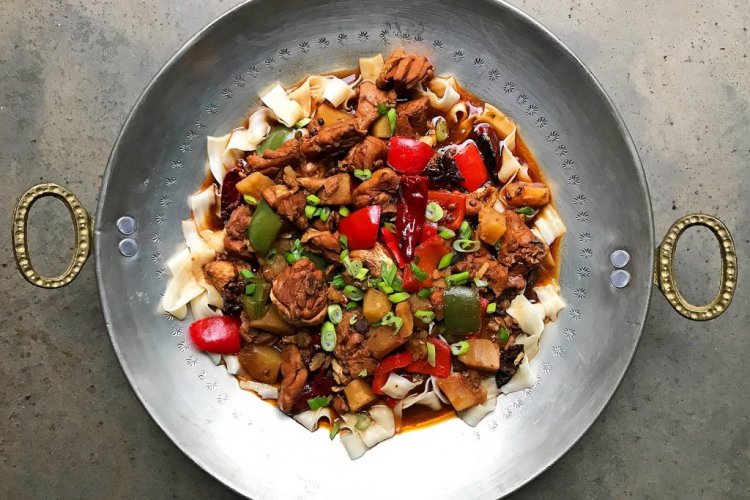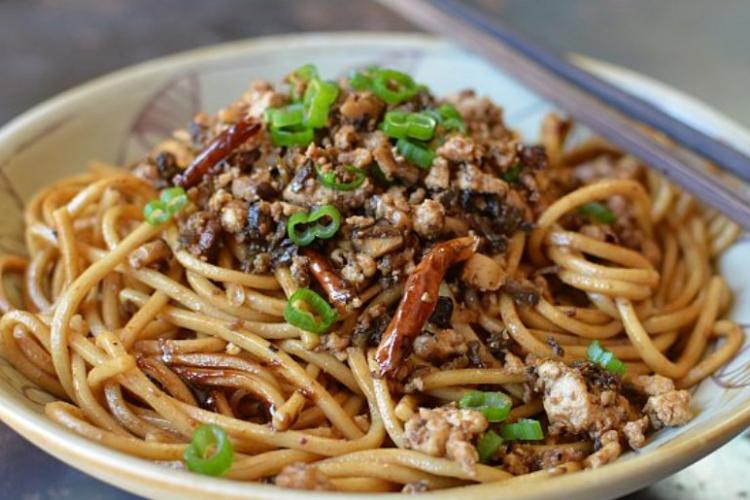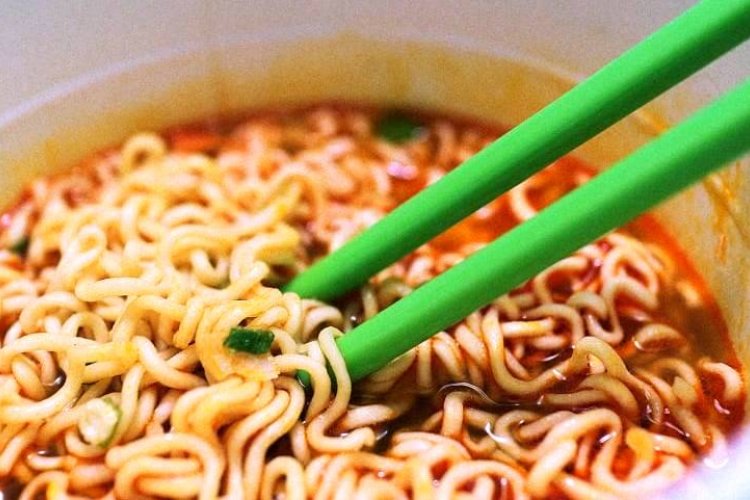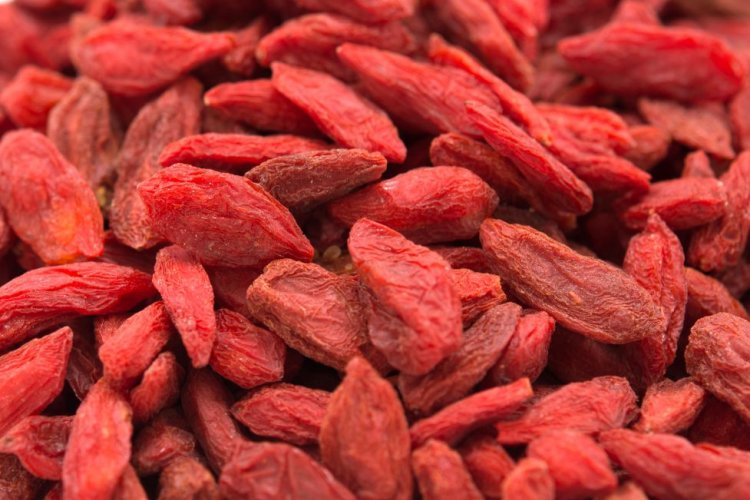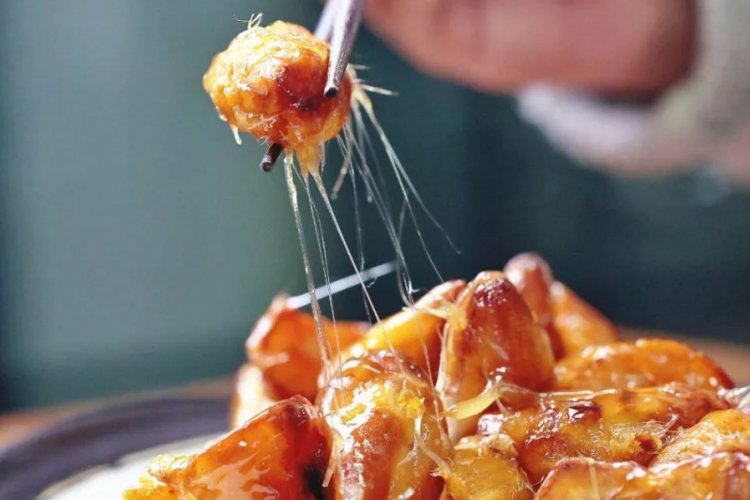Wokipedia: Z Is For …
“Wokipedia” is a regular magazine column in which we introduce aspects of Chinese gastronomy, one letter at a time.
… zhu, zheng, zha 煮, 蒸, 炸
When it comes to dumplings, you have a choice: boiled, steamed or fried? For two out of the three options, the benefits may seem obvious: Frying results in crunchy, satisfying bites; steaming preserves nutrients and flavor with fewer calories. So why boil? It gets a bad rap for being boring, but sometimes there’s nothing better than a plump little guy plucked from a roiling pot. If the skin is handmade and not too thin, boiling is best for giving it that toothsome chew. Plus, now you have dumpling soup. We’re told it aids digestion.
… zizhu 自助
Translated directly as “self-help,” these magical characters usually mean you’re facing an all-you-can-eat situation. But beware: Not all buffet tables are created equal. Zizhu can describe the fanciest of champagne brunches as well as the grimiest of hot-pot sauce bars. You know the type, where the stray drips of sesame sauce and chili oil threaten the integrity of your just-laundered sleeves. But there are no restrictions, so help yourself as you fill up that sauce bowl!
… zhi 汁
Zhi can refer to fruit and vegetable juices, meat juices, sauces or even the salty liquid from a good braise that one is keen to ladle over rice. Naturally, the characters that precede it are pivotal. “Apple,” “carrot,” or “corn”? You have a drink coming your way. “Beef”? Expect a jus. “Gallbladder”? Yeah, that would be bile. Steer clear. Unless, of course, you’re visiting a TCM clinic …
Click here to see the June issue of the Beijinger in full.
Photo: flickr user tolbxela

